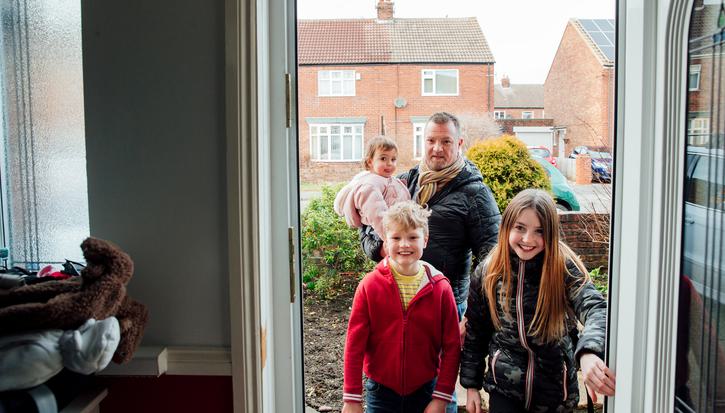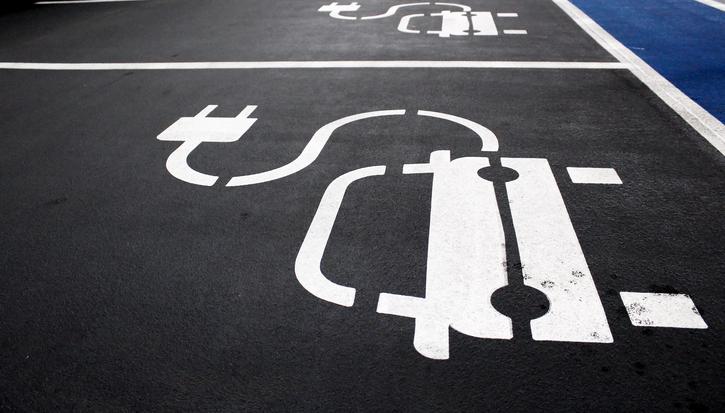Building Bridges, Not Walls. Engaging with political Islamists in the Middle East and North Africa
Article
Since the terror attacks of 11 September 2001 there has been an explosion of interest in political Islamism in the Middle East and North Africa region. Until fairly recently, analysts have understandably focused on those actors that operate at the violent end of the Islamist spectrum, including Al-Qaeda, the Taliban, some of the sectarian parties in Iraq and political groups with armed wings like Hamas in the Occupied Palestinian Territories and Hezbollah in Lebanon.
However, this has obscured the fact that across the region contemporary politics are being driven and shaped by a much more diverse collection of 'mainstream' Islamist movements. We define these as groups that engage or seek to engage in the legal political processes of their countries and that have publicly eschewed the use of violence to help realise their objectives at the national level, even where they are discriminated against or repressed.
This report argues that dialogue with non-violent political Islamist parties and movements should be an urgent priority for the Obama administration and its allies, including the UK, as key to achieving long-term stability in the region. A number of specific recommendations are included.
Related items

The homes that children deserve: Housing policy to support families
As the government seeks to develop a new child poverty strategy, it will need to grapple with housing – the single largest cost faced by families.
Powering up public support for electric vehicles
Tackling greenhouse gas emissions will only work if public support for action remains strong. That means ensuring tangible improvements in people’s lives and heading off any brewing backlash.
Assessing the economy
Over the past few days and weeks, there has been lots of rather histrionic commentary about the UK’s economic situation as if the budget has created an economic disaster from which we’ll never recover.